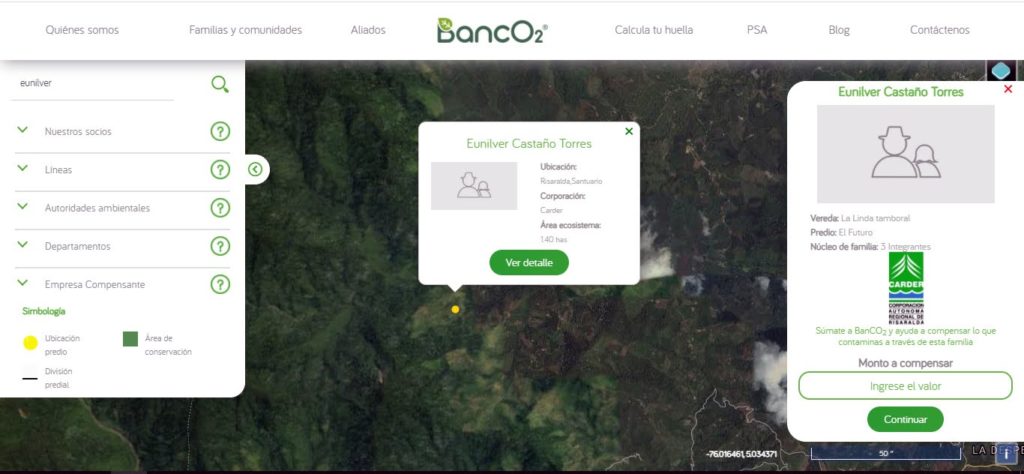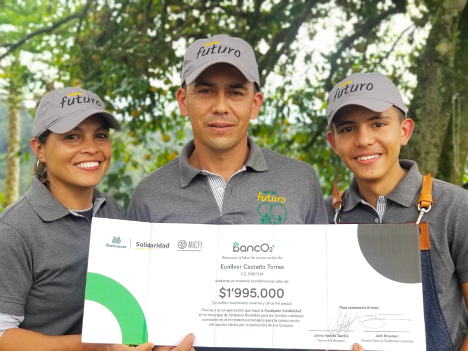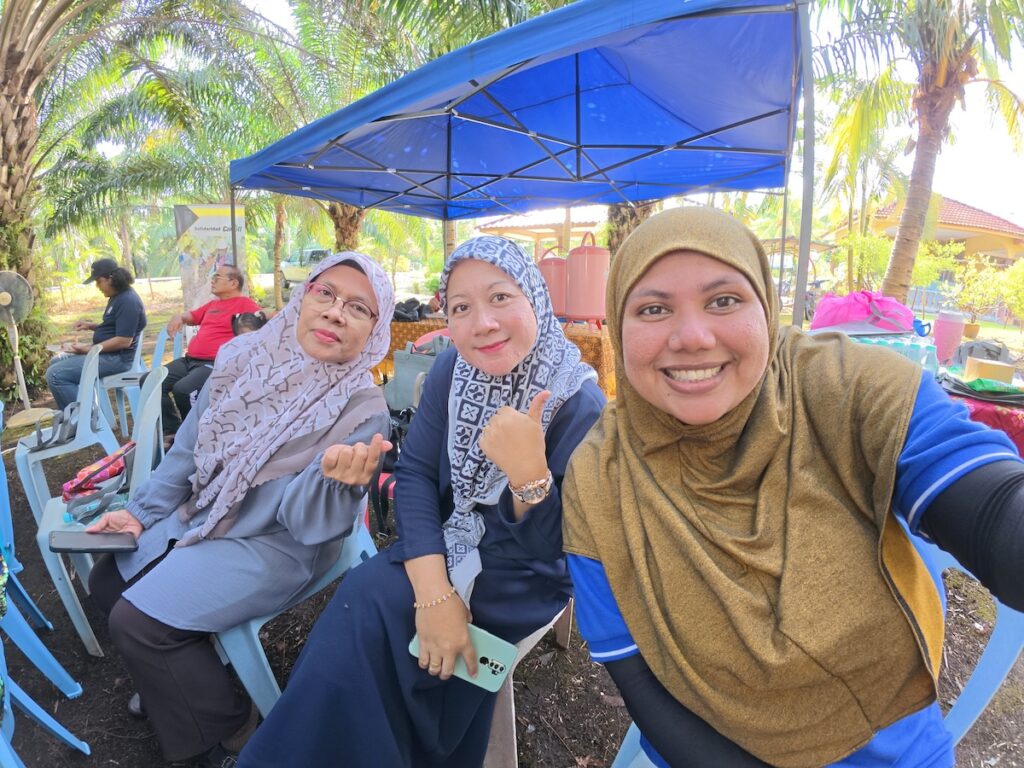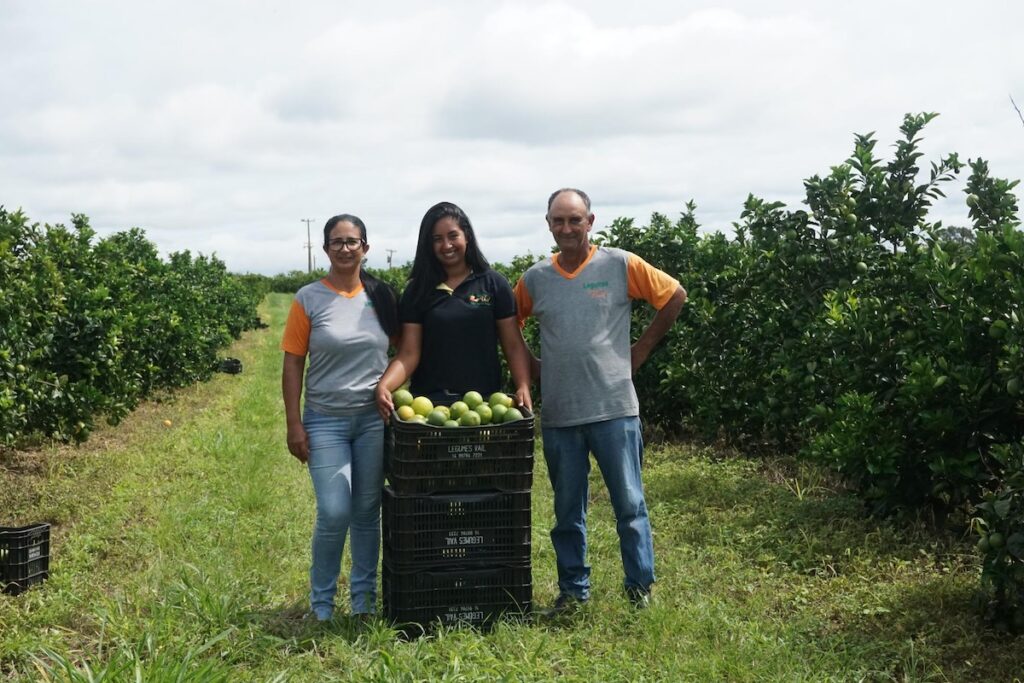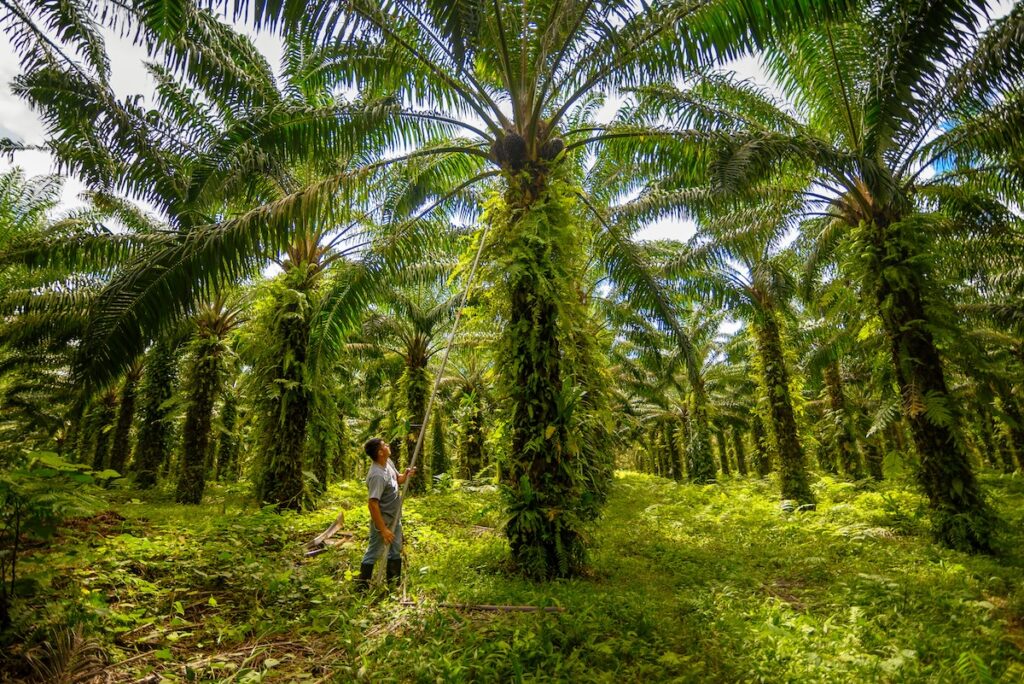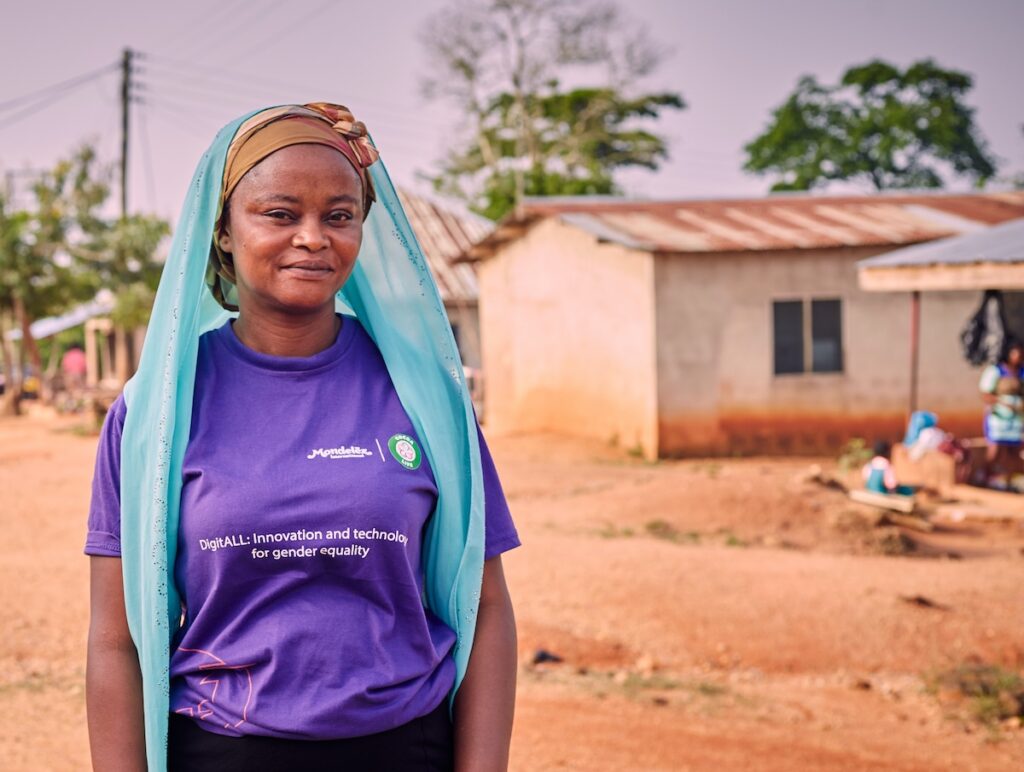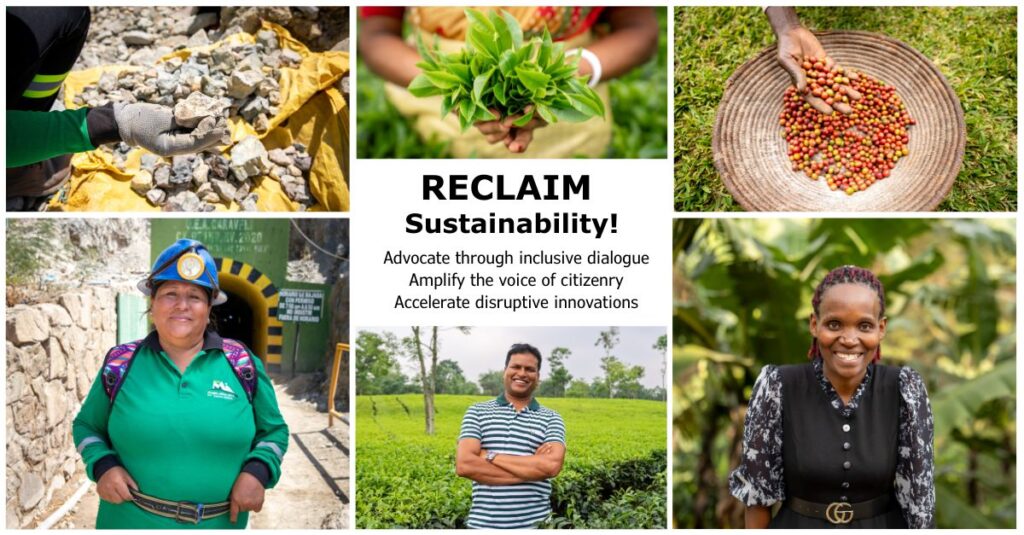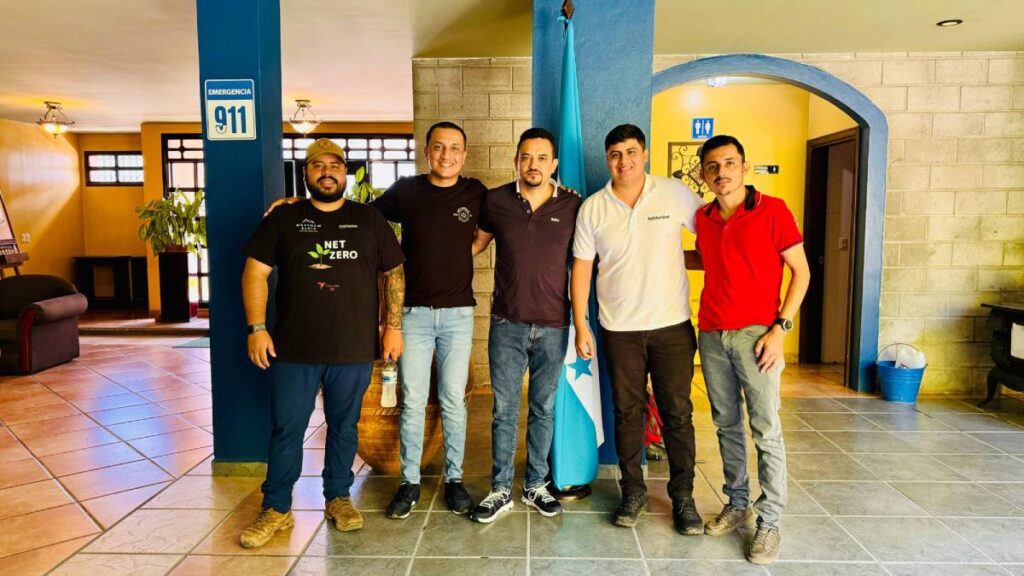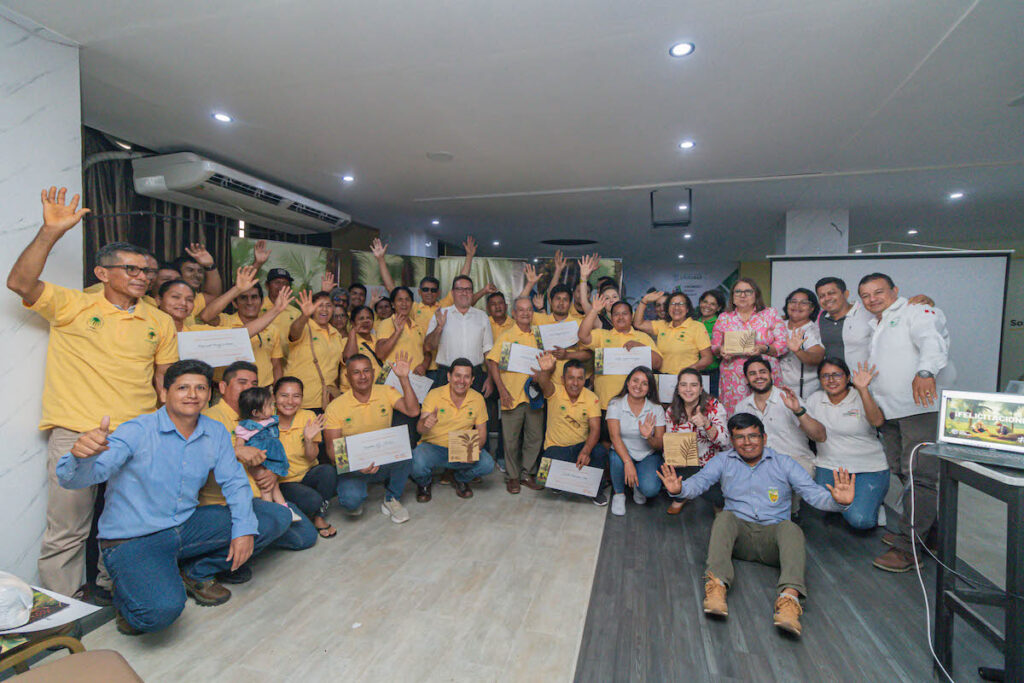While many farmers can hardly make a living from their crops, they play a crucial role in the conservation of the environment, watersheds, fauna, and flora. However, these environmental services are currently without any financial compensation. Solidaridad works on the ground with thousands of farmers to optimize farm management and to enhance the benefits of natural resource management for farmers, their communities, and the supply chain at large. In collaboration with its partner BanCO2, it has now managed to make the first financial transaction that monetizes the efforts of farmers to conserve and protect natural resources in critical landscapes and biodiversity hotspots.
Since 2013, Solidaridad has supported coffee farmers in Colombia to adapt to climate change and to protect biodiversity at and around their farms. The positive impact of better environmental management translates into higher productivity, more consistency in quality and volumes, lower risks, and additional income for their coffee crops. The adoption of Climate-Smart Agriculture (CSA) is critical for the survival of the Colombian coffee sector and its specialty origins. Based on earlier results of our interventions at the farm level, there is now a proof of concept that has validated the win-win situations for the supply chain.
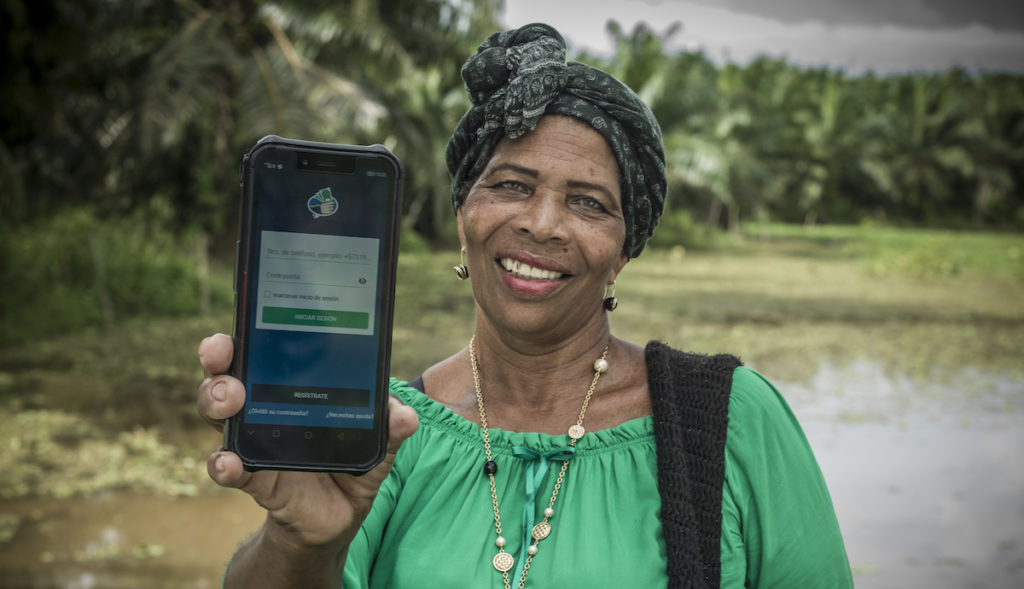
Fintech for financial access and sustainable production
AgroPrestamo allows financial institutions, off takers and farmers to manage credits for on-farm investments in sustainability.
Joel Brounen, Country Manager of Solidaridad in Colombia explains: “From earlier analyses, we know that our Climate Smart Agriculture model helps to bring down true costs of coffee production and reduces supply chain risks for traders and roasters. It allows farmers to remain in existing agricultural zones, avoiding encroachment in forests and high conservation areas.”
So far, it was a challenging process to turn these conservation practices into financial benefits. Therefore, Solidaridad teamed up with BanCO2, a voluntary scheme for environmental services payments created by the Colombian Government and Corporacion Masbosques. It allows private companies and public entities in the domestic Colombian market to compensate for their ecological footprint, by making monetary payments to farmer families and indigenous communities who conserve strategic natural resources, such as water basins and forests, or who protect biodiversity hotspots within agricultural landscapes.
Direct transactions between farmers and customer through online marketplace
The Castaño family, made up of Eunilver, Herminia and Daniel, was the first in a group of 22 households to receive a payment from this initiative. The Castaños own an eight-hectare farm where they grow two hectares of coffee and keep six hectares of forest land. Their farm is located in the municipality of Santuario, Risaralda, in the west of the country. This area borders the Tatamá National Natural Park, an area of vital importance for the conservation of the “páramo” ecosystem, a high mountain biome from the northern Andean region. Species such as the puma, the Andean bear, the spider monkey, and a great variety of birds live in the Park.
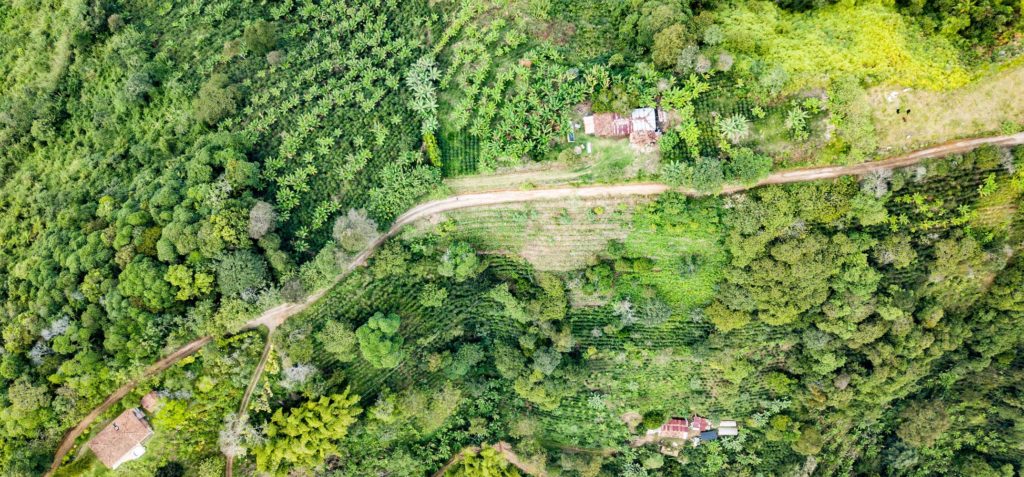
Scaling a cost-effective and inclusive mechanism to provide incentives for conservation efforts within key landscapes
With the funding of Norway’s International Forest and Climate Initiative – NICFI, managed by the Norwegian Agency for Development Cooperation (NORAD), Solidaridad supported nearly 6,000 coffee growers to apply regenerative agricultural practices and more than 15.000 hectares have been transformed into agroforestry production systems.
Carlos Isaza, Coffee Programme Manager of Solidaridad Colombia specifies the role of the organization: “Our team on the ground helped farmers and cooperatives with technical assistance, training, input provision, data collection, and the obligatory environmental assessment at farm level in order to access the BanCO2 platform. As part of Solidaridad’s coffee programme we are now scaling this mechanism to over 1,000 farmers located in biodiversity hotspots.”
Colombia is a biodiversity hotspot and uniquely positioned as a testing ground for solutions to balance nature and agriculture, due to its condition as a leading producer of sustainably certified agro-commodities such as coffee, palm oil, and banana. New areas and new crops in Colombia will be enrolled by Solidaridad in this scheme over the course of 2021.
The partners of this project are currently in conversations with domestic companies and regional public entities to meet the demand for environmental services at the local level. Companies who wish to offset their environmental footprint can tailor their support for these conservation efforts of farmers, choosing the type of services, defining the investment, and selecting the specific location. Country Manager, Joel Brounen concludes: “The exciting part of this first transaction is that we provide evidence that domestic markets for ecosystem services can work for smallholder farmers.”
If we want sustainable landscape models to function properly, there should be cost-efficient and inclusive mechanisms in place for financial transactions between providers and buyers of ecosystem services in emerging markets.
Joel brounen, Solidaridad Colombia country Manager
